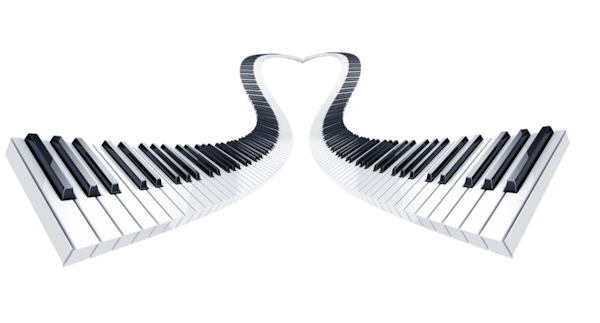The Invention of Pianos: A Harmonious Journey through Time
The story of the piano begins in the early 18th century with an Italian harpsichord maker named Bartolomeo Cristofori. Cristofori was dissatisfied with the limitations of the harpsichord. The harpsichord could not produce dynamic variations in sound. So, he set out to create an instrument that would allow for expressive playing. In around 1700, he built the first piano, or "pianoforte" as it was called. "Pianoforte" means "soft-loud" in Italian. Cristofori's invention incorporated a revolutionary mechanism. One that enabled the player to control the volume and intensity of the sound. He did this by varying the pressure applied to the keys. Unlike the harpsichord, which plucked strings, the piano used hammers that struck the strings when he pressed the keys. This innovation allowed for a wide range of dynamics. From delicate pianissimo to thunderous fortissimo, giving musicians a newfound expressive power. Cristofori's initial designs were not adopted during his lifetime. Though, his invention laid the foundation for further developments in keyboard instruments. Throughout the 18th century, the piano underwent several refinements and improvements. Notable figures such as Gottfried Silbermann in Germany and Sebastian Erard in France made significant contributions to the instrument's design and functionality. During the Classical era, composers like Mozart, Haydn, and Beethoven embraced the piano as their instrument of choice. They compose exquisite pieces that showcased their expressive capabilities. The piano became a staple in concert halls and private homes. Capturing the hearts of musicians and audiences alike. In the 19th century, the Industrial Revolution brought advancements in manufacturing and technology. This led to the mass production of pianos. Innovations such as the cast-iron frame allowed for greater string tension and increased volume. The use of felt for the hammers produced a softer and more mellow tone. These tweaks further enhanced the instrument's capabilities. The late 19th and early 20th centuries saw a period of intense experimentation and innovation in piano design. Inventors and builders sought to create pianos with enhanced tonal qualities. Also with improved actions and extended ranges. One notable development was the introduction of the grand piano. It featured a horizontal frame and strings. This allowed for a more resonant and powerful sound compared to its predecessor, the upright piano. The 20th century saw the advent of electric and digital pianos. This brought about a new era of portability, versatility, and accessibility. These instruments utilized electronic components and digital technology. This was done to recreate the sound and feel of acoustic pianos. All while offering extra features such as recording capabilities, built-in effects, and headphone outputs. Today, pianos continue to evolve. They now incorporate cutting-edge technologies while preserving the rich tradition and craftsmanship of their acoustic predecessors. Hybrid pianos, combining acoustic and digital elements, have gained popularity. They offer the best of both worlds in terms of sound and functionality. The invention of pianos has not only revolutionized the world of music but has also influenced the way we experience and appreciate it. From intimate solo performances to grand concertos. The piano has remained a versatile and expressive instrument. It is capable of evoking a wide range of emotions. In conclusion, the invention of the piano was a groundbreaking moment in musical history, just like the invention of casino games online. The piano's ability to convey the deepest of emotions and inspire both musicians and listeners is a testament to its enduring legacy.  |